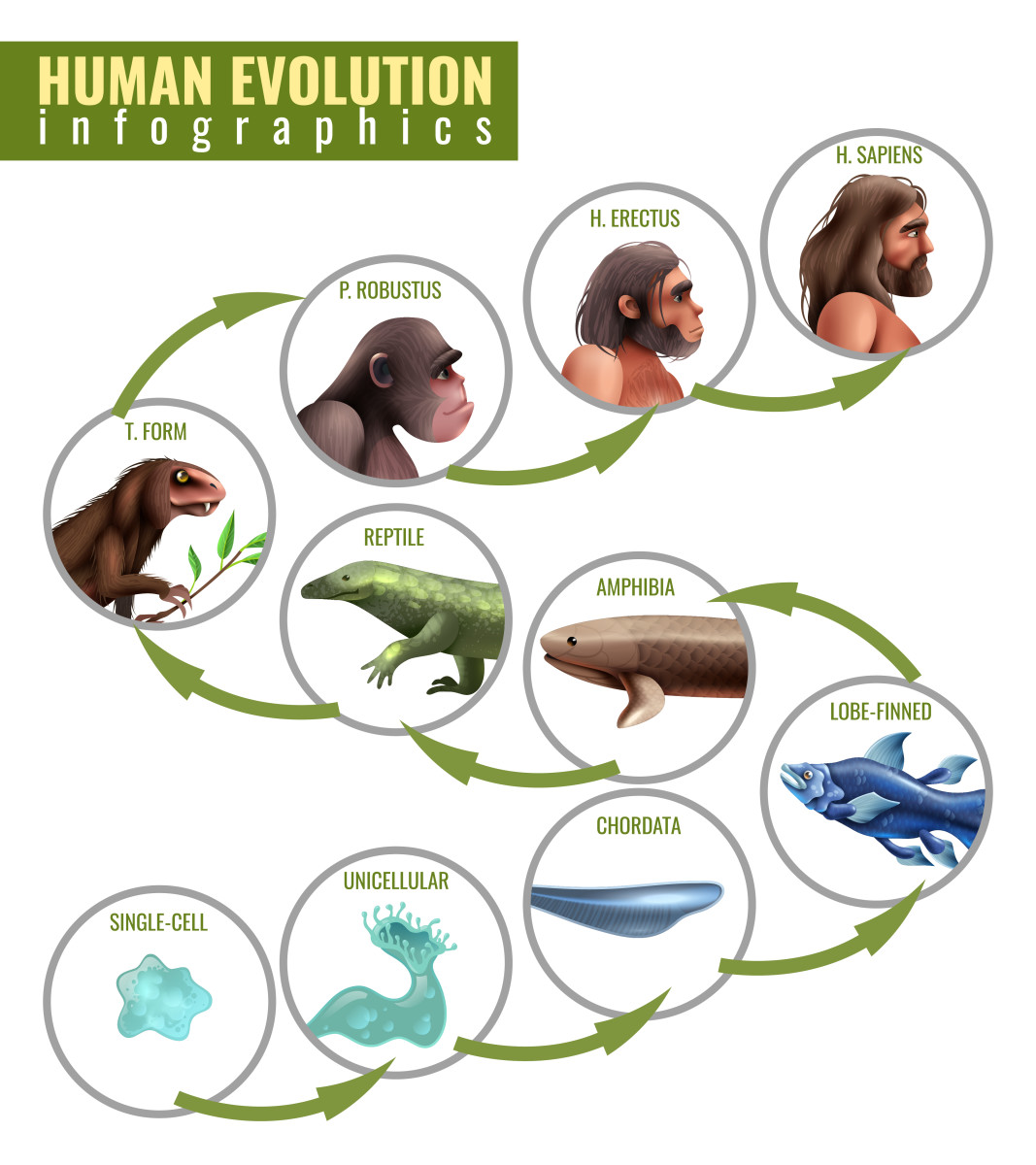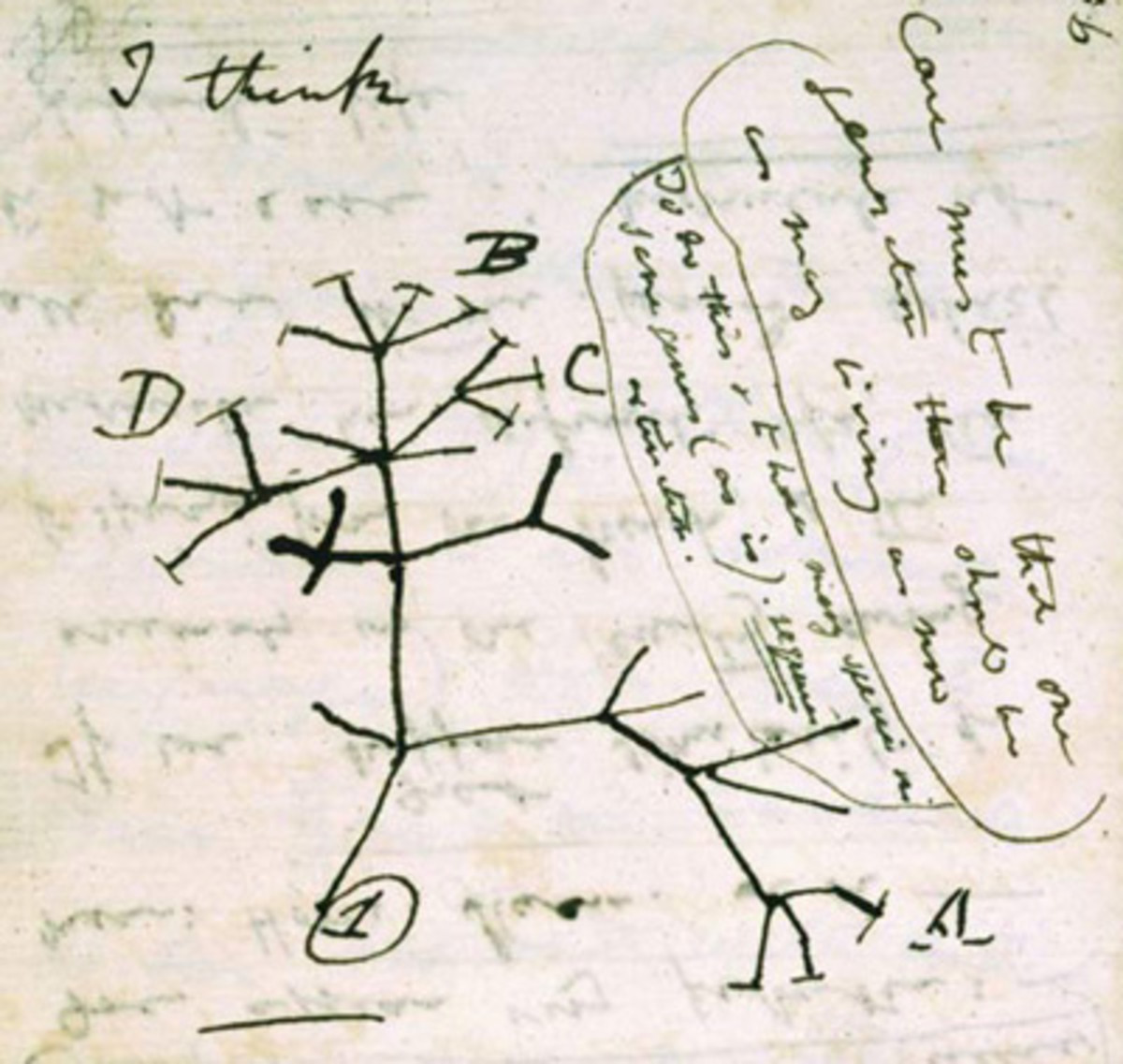The Human Brain - A Personal Thesis
Deep Blue Vs. Kasparov

Introduction
Recently, I started writing my memoir as an exercise. My life spans 60 plus years and I want to relate some of my experiences and important events of my life. I've always prided myself for having a pretty good memory. I'm also very detail oriented when it comes to work. It is also fortunate that I was sentimental and kept a lot of material and photos. All of these helped tremendously in writing my memoir. The most amazing part of this experience was the ease with which my memory seems to recall things that happen many years ago. I had no idea that they were in my mind all this time. This lead me to explore the brain with special comparison to computers since I worked in the computer industry and designed processors.
- Jan. 2016
Background
I am a computer Engineer by training. I know how computers work at all levels. I was part of a team that designed a microprocessor back in the 1980s. I've worked at IBM for over 28 years and have had careers in hardware and programming and advanced research within the IBM community. As a personal project, I've also read up on how the brain works and was fascinated by the on-going research. Artificial Intelligence is also a hot topic of late. Some people belief we are nearing the singularity and fear the demise of the human race. I am not of that group and in fact just the opposite. I believe our human intelligence is unique and cannot be duplicated. Even though we still don't understand how the brain works exactly, we can gleam some important attributes and provide some insight. My experience in writing my memoir was the impetus for this thesis.
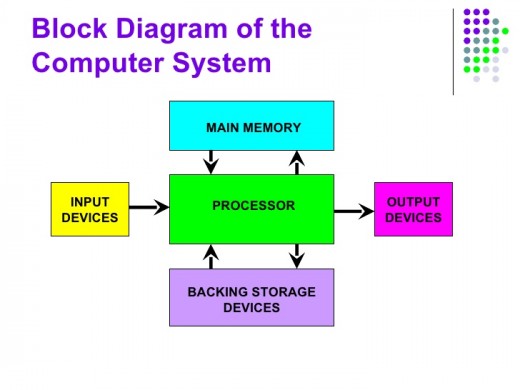
The Human Brain vs. Computer
From a top view, it appears that the human brain and computer have a lot in common. They both require some input stimulus and they both contain a vast amount of memory and they have some power to "compute" or process the input data, and they produce some intelligent output. That's where the similarity ends. Our brain is so much more complex and the most important attributes are that it can learn and it can reason and it has emotions.
Some Attributes Of the Human Brain
Some Attributes of the Human Brain.
- The brain consists of multiple layers of neurons folded into an organ approx. 3.5 pound.
- The brain has a bilateral structure. A left and right side.
- The brain has two sections, an autonomous part that controls our body physiology and a higher conscious level.
- We have five senses that are connected to our brain (sight, smell, sound, taste and touch).
- We have the capacity to process and understand language.
- Our communication is through multi channels (including all our senses)
- Our memory is divided into as least two parts, a short term memory and a long term memory.
- Our brain can take on various "states" depending on our current situation.
- We have a waking state and a sleeping state.
- In sleep mode, our brain goes through a cycle that include REM.
- In awake state, we can take on different modes such as relaxed or fight or flight, or focused when working on detail or meditation state.
- The brain has some capability to "re-wire" itself. we know this when a patient has brain damage and he is able to recover some of the lost functions.
- There is also a certain muscle memory attribute when it comes to repeated motions such as playing the piano on an instrument.
- The human brain is self aware and has a conscience.
- The human brain is creative.
- The human brain uses logic and intuition to make decisions.
- The human brain has humor.
- Can multi-task two or three items at the same time.
- The brain can block traumatic memory at times.
Computer Attributes
On the other hand, a computer contains some of the similar attributes as it is designed to mimic our brain.
- short term memory called a cache
- long term memory called the main Storage unit
- input device such as keyboard or mouse pointer, or video capture or audio capture or gesture.
- output device such as a string of text, a printout, a sound clip or video clip or numeric results.
- high speed computing
- accuracy and reproducible results
- accepts programmable instructions
- can detect and signal some errors
- based on defined set of rules and logic
- can have some random element such as a random generator.
- runs on electric power
- runs in one mode only as long as it is turned on.
- multi-tasking is possible but only an illusion. parallel computing is also a possibility.
Computer Memory Model
A computer has a very simple one dimensional memory model. A unique address is applied as input and the memory retrieves a unique word as output. There is no relation between one word to the next.
On a higher level, such as the World Wide Web, there is a bit more to the process. There is the input and output terminal that a user sits and enter data and receives results. There is a search engine such as google that process a search request. There is an extensive indexing scheme that works in the background (web crawler) and creates a listing of all possible results and sits in a vast database. The input search string is applied to the search engine and a list of possible hits are returned to the user. These hits are pointers to the URL of the actual data which may or may not be the items being searched. The key to make this work is the speed of both the search and the accuracy of the results.
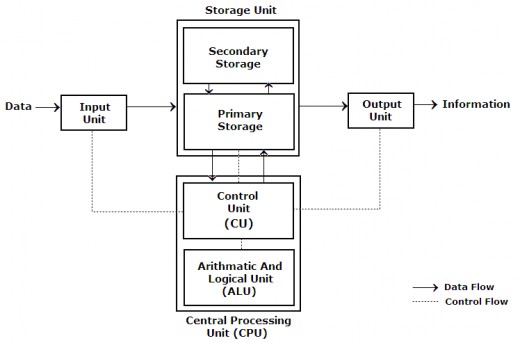
My Thesis On The Human Memory Model
Here is the model of the human brain that I am proposing.
- The brain has various input signals provided from our five senses.
- During the day activities, the brain records all the signals into a "cache" or short term memory.
- During REM sleep, these data signals are processed into the following:
- A memory packet consisting all relevant signals to an event
- Determines which packet to be stored and which to be deleted due to duplicates.
- Creates one or more index to allow later retrieval of this packet.
- Runs a "compression" operation that stores the packet efficiently.
- Move the memory packet to the long term memory space and free up cache.
- In the recall of memory packet, it can be initiated several ways either by a word or an idea or a smell or any one of the senses.
- Once a packet is retrieved and replayed, it may link to other events or packet related in some way.
- The search and retrieve of packets can take a while to process. As we age, the retrieval time seems to slow down.
Some Implications
From my own experience, recalling events that are long forgotten, has some important implications. It means that our brain is capable of storing vast amount of information, more than we realize. The fact that I can recall one item and then from that one point, retrieve additional related information implies that the "memory unit" contains links or neuron paths that we may not be aware.
Memory experts tell us one way to improve our memory is to create a story or an image of the item we want to remember. This is a way for the brain to add neuron links which will help with the recall. The more links, the better chance of recall. In the case when an injury damage a portion of the brain, it is these additional links that can be used to "repair" our lost memory.
Our memory also has inherent learning capability. It is able to learn from past experiences and also use our predictive nature to help understand and deal with our surroundings. This is a way to optimize the resources. Our brain is not limitless and our compute process is also limited. Our brain is designed to look for the odd things and focus on those that require more attention.
Our brain also has two parts that work in tandem. The logical side and the creative side. This I believe is the reason that we have individual personalities. If all the brain are designed the same, then we would be identical like robots. The fact that we have two competing parts which along with our experiences make up our total person makes each of us unique.
The importance of sleep and REM sleep in particular. One reason I propose this model is related to reality. We know that sleep is required for a healthy living. The amount varies from individual to individual. If a person is denied sleep over a period of time, the person gets confused and can't think straight. That is because the short term memory is filled to capacity and cannot process additional stimulus until it has a chance to move them to long term memory.
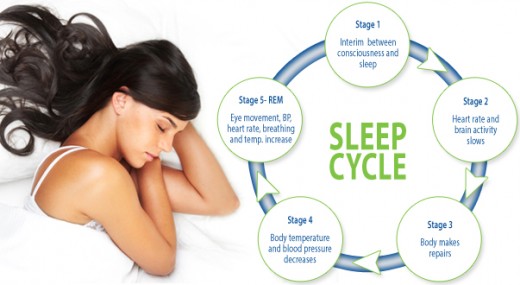
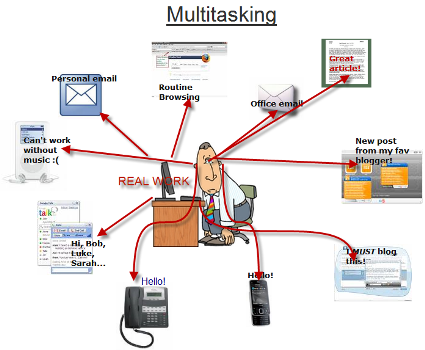
Another Important Difference Between Our Brain And The Computer
Our brain can operate at many states. It is like a car with many gears. We can shift from one state to the next almost instantaneously. A computer on the other hand has only two states, idle and full speed. In addition, a computer cannot truly multi-task. It is an illusion. Because the computer CPU is so fast, it is able to create the illusion of multitasking. The hardware of the computer contains an interrupt mechanism and a priority scheme. When a higher priority task is required, an interrupt is generated and the computer makes a copy of the current task, swap in the new task, completes it, then swap the old task back and continue processing. So in any given nanosecond, the CPU is only running one job while other jobs are suspended.
A Personal Experience
I was a fencer for many years and have competed in high level competitions. The one importance for any athlete is practice, just like musicians, practice makes perfect. In competitive sports, it is also to re-enforce muscle memory. This is the part of memory that does not require active thought process. Scientist have determined that some physical actions are just too quick for the brain to send signals back and forth. The feet and arms and fingers must do certain actions in the middle of combat that cannot be controlled centrally. There are so many other things going on that the athlete can only focus on a few most important aspects such as tactic and anticipation of the opponent and maintaining a safe distance. The actual attack or defensive moves are almost "programmed" into the brain ahead of time. When the right opportunity comes, it is set in motion and hope for the best.
Hypothetically, if a robot can be invented to perform the act of fencing, assume it can be programmed with all the moves and have great sensors to calculate the opponents location and speed etc...can it be defeated? The answer is yes. Besides all the stuff mentioned, the human fencer has one other advantage. It can adapt and learn on the fly against all opponents. If it try one move that does not work, it will try another until it finds a winning play. A robot on the other hand can only do what it already knows even though with precision. I contend that once a human figures out the achilles heel, it will win every time after that.
A Horizontal Fleche Attack
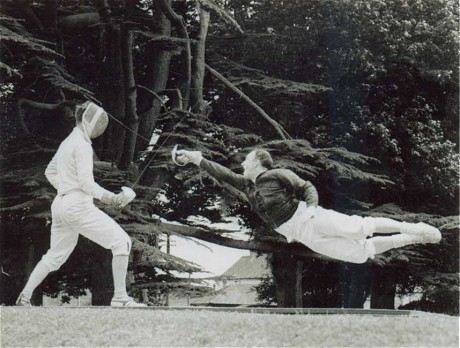
Drugs That Affect Brain Functions
I am very much against healthy people, especially adolescents, using controlled substances such as drugs and pot. The main reason is the complexity of our brain and the various chemicals that can influence the working of the brain. It is like throwing sand into a complex clock work and expecting it to work better or even the same. I respect the need of some drugs to help those that are clinically depressed and they can help those people cope. However, the abuse of these drugs is bad for the brain and should be avoided.
Turing Test Re-visited
In Artificial Intelligence arena, the Turing test is the gold standard for determining if a program is capable of passing as humans. In my recent studies into this subject, it seems to me that there are a few simple tasks that a robot/machine would have difficulty with.
- A robot would not be able to understand a simple joke.
- A robot will not be able to see optical illusions that a human visual system would.
- A robot does not have intuition. When confronted with a complex issue where there is no clear answer, the robot would not be able to process.
The Chinese Box
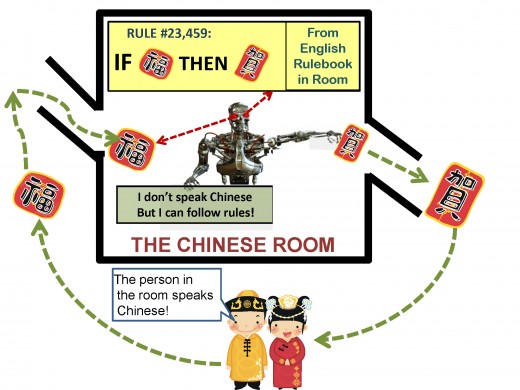
Some Related Info
- Hubbook: Artificial Intelligence and the Human Brain
Some of my thoughts and opinions on the subject of AI. - On Intelligence by Jeff Hawkins
- Brain Games Season 4
Brain Games Season 4
Conclusion
In this hub, I have only initiated my thesis on the human brain. There are many parts of the brain that I have not addressed. I have focused on the memory component. Even here, it is much more complicated than what I conceive. A model is a way to simplify and explain the concept. The details of how the brain really work is still illusive.
I am amazed by the power of our brain. Not only the geniuses among us who have created incredible machines but the power of our memory, to be able to capture, store and recall a lifetime of events. For those reasons and more, I truly believe our brain to be a miracle. That is why I don't believe we will ever be able to create an artificial intelligent being that is equal to us.
Recently, some people like Google's CEO Schmidt thinks AI will be able to solve some of our most difficult problems. I have doubts.
Time will tell if I am correct. Thanks for checking and reading my thesis. I welcome comments and suggestions and alternative proposals. We are all learning and trying to unlock the mystery of life.
Acknowledgement
My thesis is a product of many inputs. I want to give credit where credit is due. My education on this topic began with reading Jeff Hawkin's book "On Intelligence." This has given me the foundation to pursue more understanding of our brain. In addition, I have learned quite a bit from the Brain Game TV show on National Geographic Channel and reading many books related to the brain.
This content is accurate and true to the best of the author’s knowledge and is not meant to substitute for formal and individualized advice from a qualified professional.
© 2016 Jack Lee

